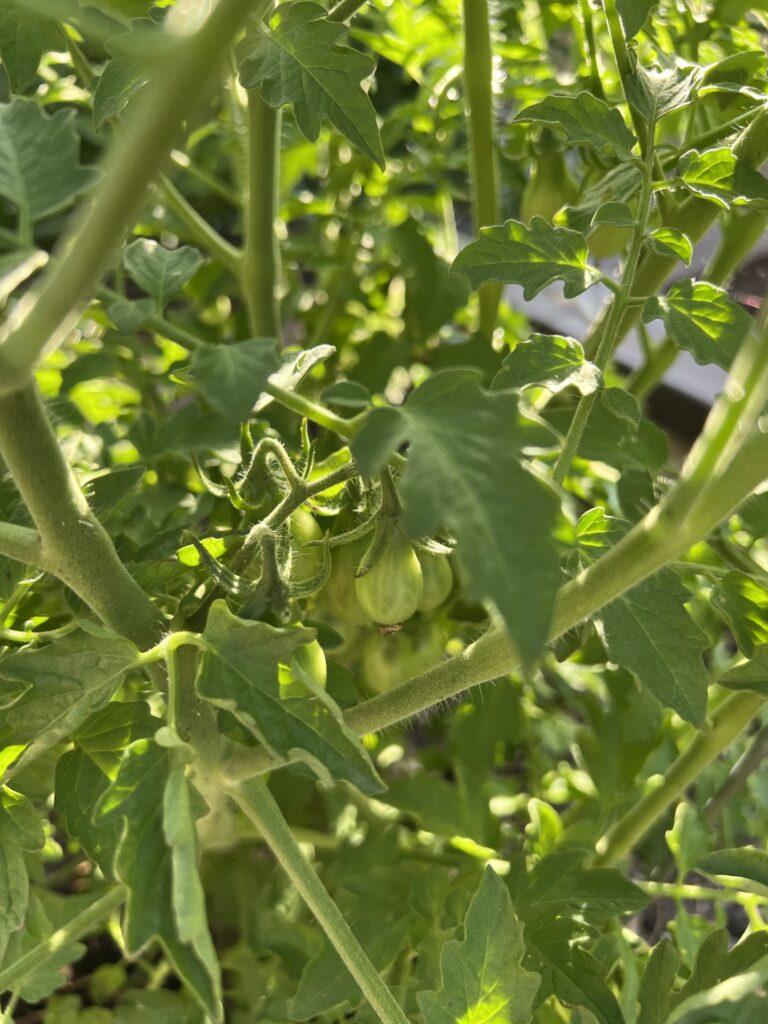Refugee, race and racism

During the early hours of 24 February, Russian President Vladimer Putin launched a full-scale invasion of Ukraine, sparking the most significant influx of refugees into European countries since, probably, World War II. Many of the refugees flowed into Poland en route to many European countries and across the Atlantic to Canada. During this scramble to flee the war preferences were given to individuals based on their race and the colour of their skin. Some Africans, and people of Middle Eastern and South Asian descent fleeing Ukraine struggled to cross the border. Many were placed at the back of lines, some waited at the border for days existing on limited food and water. While others, it was alleged, were beaten by guards and taken off buses and trains to make way for their Caucasian compatriot refugees.
The war in Ukraine is deplorable. More than 10 million people have been displaced. Several towns and cities have been besieged and thousands of civilians have been killed including hundreds of women and children. Don’t get me wrong, the conditions are bad and the world rightly should come to their aid. However, when we start categorizing refugees based on where they are from, then we need to reevaluate our ethics.
Refugees are people who have fled war, violence, conflict or persecution. They frequently had to flee with little more than the clothes on their backs, sometimes leaving behind other family members. Europe has taken on an inconsistent approach to refugees and has demonstrated its biases depending on where they are from. Bulgarian Prime Minister Kiril Petkov was quoted as saying, “These are not the refugees we are used to, these people are Europeans… These people are intelligent, they are educated people. These are not the refugees we have been used to, people were unsure about their identity, people with unclear past, who could have been terrorist.” Journalists representing European news channels were also caught in the description of Ukrainian refugees, “These are prosperous, middle-class people”, a television presenter said. “These are not obviously refugees trying to get away from areas in the Middle East. In North Africa. They look like any European family that you would live next door to”. The channel later issued an apology saying the comments were insensitive and irresponsible. The damage was already inflicted, these politicians and journalists were merely mentioning the silent thoughts aloud.
When over a million refugees fleeing wars in Syria, Iraq, Libya and Afghanistan over the last six to eight years, they were encountered with considerable hostility in Europe. Just last year hundreds of refugees from some of these countries were left stranded in no man’s land between Poland and Belarus when barred from entering Poland. Regrettably, more than 15 people died from the cold exposure in the winter.
Canada can be applauded for always being good at accepting refugees, however successive governments can be viewed as exhibiting their subtle biases as to how they are processed. Over the last 50 years, Canada has taken in refugees from hotspots around the world including Syria and Afghanistan in more recent times. The acceptance of refugees seemed to be on a quota system until the Ukrainian crisis came about. In 2015 the Canadian Government promised to take in 25,000 Syrian refugees and in 2021 they indicated they would take in 40,000 Afghans and their families who supported the Canadian troops during the war. To date only 12,000 Afghans have arrived. With the ongoing crisis in Ukraine, the government is not setting any limit on the number of refugees it’s willing to accept.
The Canadian public is also indifferent to the treatment of refugees from certain regions of the world. When the government, in 2015, indicated that they were accepting the Syrians, there were criticisms of the speed at which the government was trying to get them into the country without proper vetting, fearing that terrorist may be among the groups of women and children that were allowed in. Whe same public is now quibbling that the government is not moving hastily enough to relocate the Ukrainian into Canada. The government and people of Canada have, traditionally, been regarded as a world leader in refugee resettlement, but there are subtleties in the treatment of refugees from diverse regions of the world.
A refugee is a refugee regardless of race, ethnicity or region of origin. People do not make themselves into refugees. Let us demonstrate our humanity, the people of Ukraine, Syria, Afghanistan or wherever they are fleeing from are doing so to preserve one thing, their lives.
Fernon Wilson is a Jamaican born educator working in Toronto, Canada.






